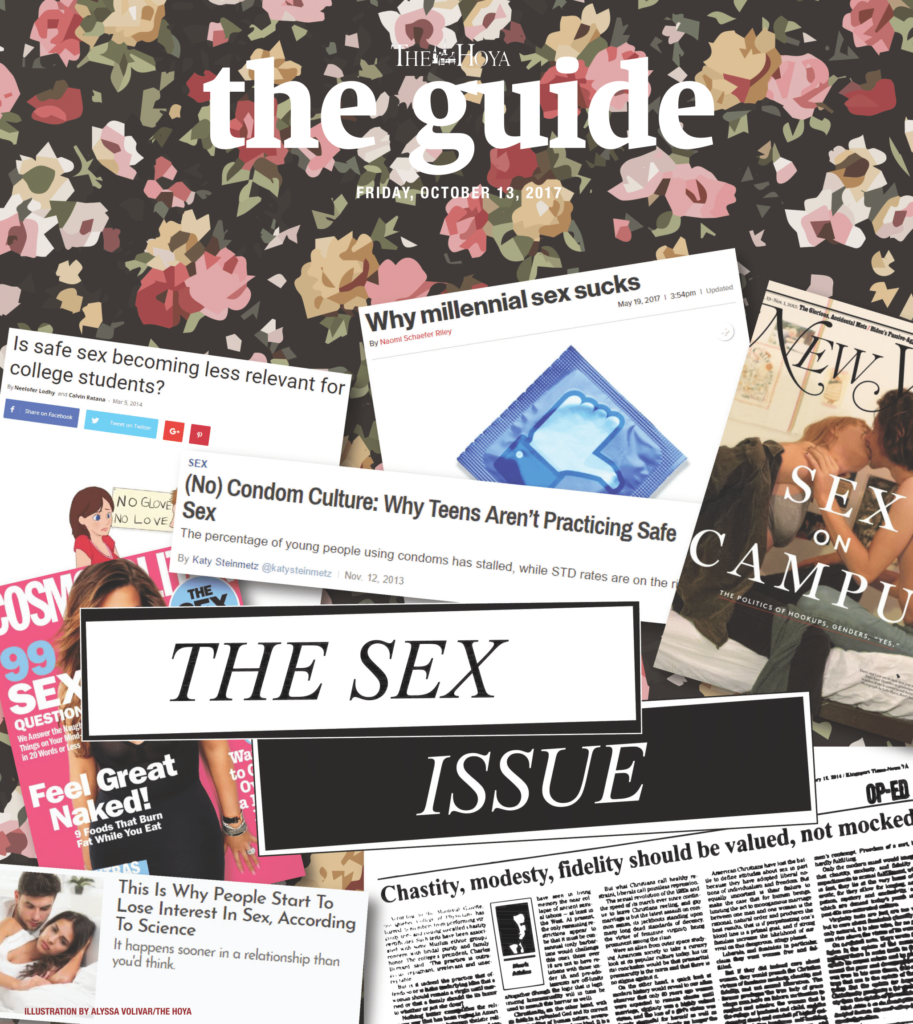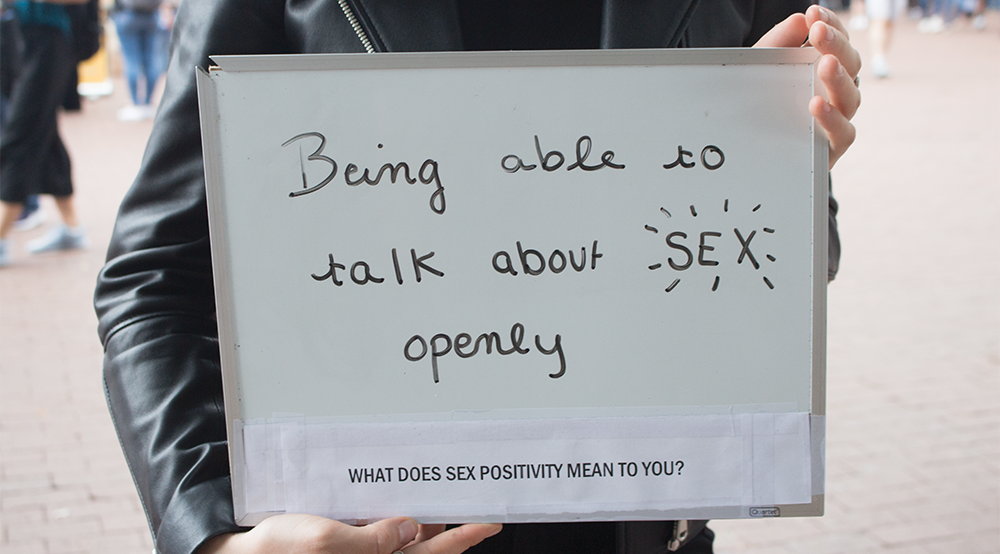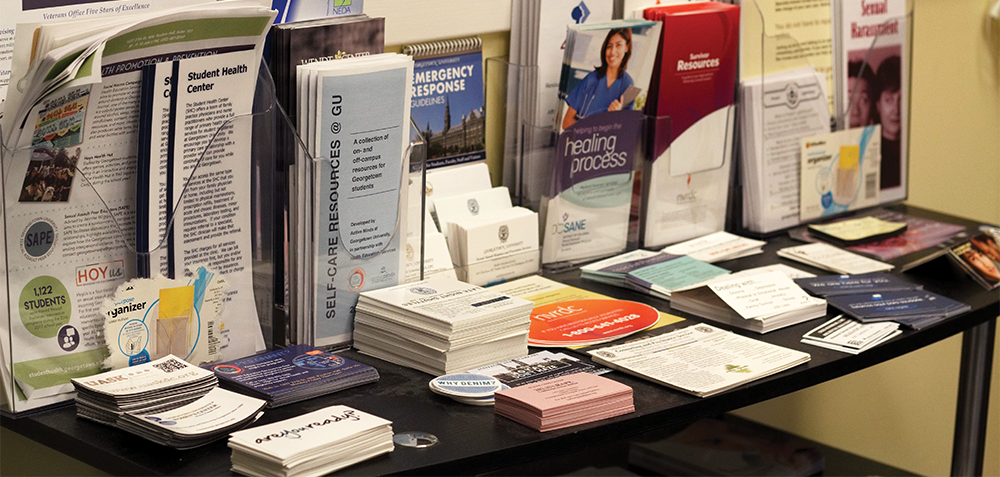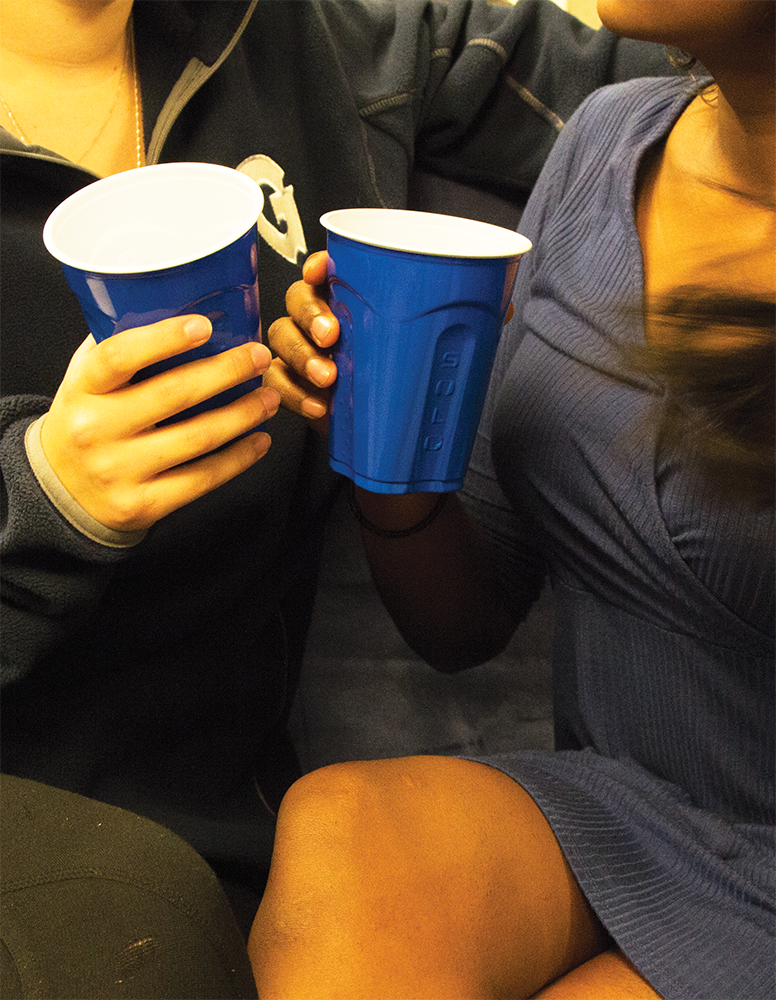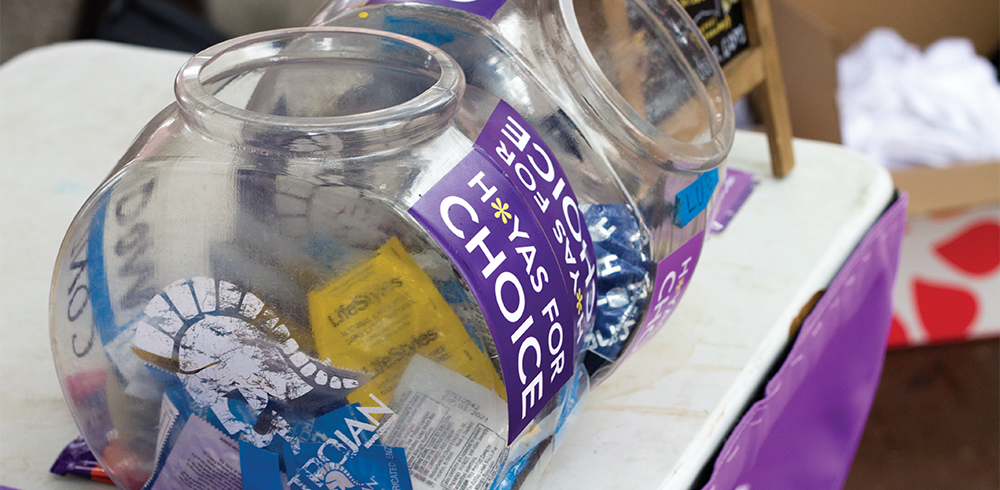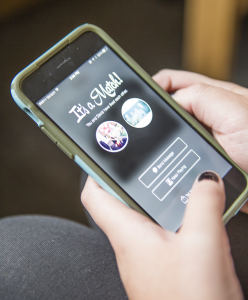
The rise of social media dating apps such as Tinder and Grindr have revolutionized the dating scene.
Most people can instantly name several dating websites and matchmaking apps.
As indicated by their edgy Silicon Valley names, these apps are targeting increasingly specific markets. JSwipe, for example, specifically advertises to Jewish users, while Grindr aims to draw in the gay community.
Some of these niche markets are so specific that they seem like bad businesses. One site, Amishdating.com, claims, “At Amish Dating, you will encounter simple Amish singles that are suitable living without the conveniences of modern-day technology.”
One must imagine that these Amish bachelors and bachelorettes do not consider the Internet, computers or personalized dating sites to be modern technologies. One must also imagine that Amish Dating generates enough revenue to keep the website up and running. Yet this humorous paradox causes people to question why there are so many of these sites and apps, and why they are so successful.
Some of these dating websites have been around for a while and built up an established presence on the Internet. Match.com, Zoosk and OKCupid lead the pack, drawing tens of millions of visitors every month. The sheer number of users (and the ubiquity of these companies’ TV ads) has done a lot to normalize online dating.
Much to the delight of OKCupid creators, the phrase, “We met online,” no longer raises so many eyebrows. While notorious exceptions exist (ashleymadison.com: “Life is short. Have an affair.”), large, brand-name dating sites now hold significant legitimacy in the eyes of the public.
Matchmaking apps, however, still seem to lack that respect. Different apps are unappealing for different reasons. One Georgetown student, Nathan* (COL ’18), deleted his Grindr account because of the app’s overly sexual nature.
“It was just a little too aggressive for my tastes,” he said. “Grindr is, I think, a different kind of culture than other dating apps in the sense that it really cultivates primarily, if not specifically, sexual relationships. A lot of other websites or apps are a little more on the emotional side.”
Others feel that apps like Tinder, which determine matches off of several pictures and a short bio, are superficial.
“On college campuses, so many people claim it’s really important to get to really know people,” Connor Mayes (MSB ’18) said. “It seems ironic that then those people just swipe left or right after a few seconds and decide about people just based on a picture on the Internet.”
But Tinder is now beginning to move into a fuzzy area. It is speculated whether it is just for casual sex and hookups, or something more.
Other apps like Grindr seem much more rigidly defined in what they are marketing, even if that is not the right fit for everyone. Tinder, however, has achieved such popularity, especially among college-age users, that it is gradually gaining the legitimacy of online dating sites like Match.com and OKCupid.
Certainly in the beginning, Tinder mostly spawned hookups, and for a segment of its users this end goal has remained the same. But for others, these hookups are turning into substantial and extended relationships, and this trend only seems to be on the rise.
Natalie Alanna, a recent University of San Diego graduate living in California, started a serious relationship from a Tinder match.
“I don’t think either of us were looking for a relationship,” Alanna said. “I definitely was using it to meet people and friends on a casual level, not for anything romantic. … But I’m very thankful Tinder allowed me to reconnect with Alyson because I see a long, meaningful relationship in our future.”
Unfortunately for Alanna, the public’s opinion of Tinder has not kept up with its changing nature.
“For us, it is definitely embarrassing to say Tinder enabled us to reconnect so we always say we met through [a mutual acquaintance] Mollie,” she said.
Several Georgetown students who met their significant others on Tinder did not wish to speak openly about their relationships’ origins. It seems that “We met on Tinder,” is the new “We met online.” Even as society begins to embrace Tinder, it feels the need to push it back as well.
The rise of Tinder pits a possibly outdated value of chastity against new technological tools to create the perfect millennial storm. The same lingering, conservative ideas of morality that lead us to slut shame and prize virginity prompt us to write off Tinder and all hookup apps as hedonistic or sinful. But the new environment of the Internet affords users a sense of anonymity that inspires them to break free of any inhibitions or pretenses and openly pursue casual sex with strangers.
In the Wild West of the online world, we have not decided which, if any, rules and morals apply. This creates more guilt and confusion with each swipe right. Part of us says this is the future. Part of us says this is a moral regression.
People complain about Tinder and hookup apps for other reasons, too. Some worry that this generation is afraid to commit. Historically low marriage levels back this up. It’s possible that Tinder not only reflects the problem, but exacerbates it.
Yet, a more optimistic view exists. What started as a hookup app is organically changing into a dating app. If anything, the spread of specialized dating apps can allow certain groups to find connections they never would have before.
“I do feel it is difficult to meet people in a romantic setting after college, so dating apps help with that. Tinder is great for the LGBTQ community because it makes connecting with the community easier,” Alanna said. “It’s very difficult to meet other lesbians in a non-social media setting. How do you know if someone is part of the LGBTQ community? On dating apps, your sexual orientation is defined in some way and visible to the community. One interesting thing I’ve found is that there are no great dating or hookup apps geared specifically toward lesbians.”
If that’s the case, perhaps the main question is why there aren’t more of these dating apps. As the stigma begins to disappear and more successful relationships are created online each day, the rise of the social media dating age is upon us in full swing.
*Names have been changed to preserve anonymity.







